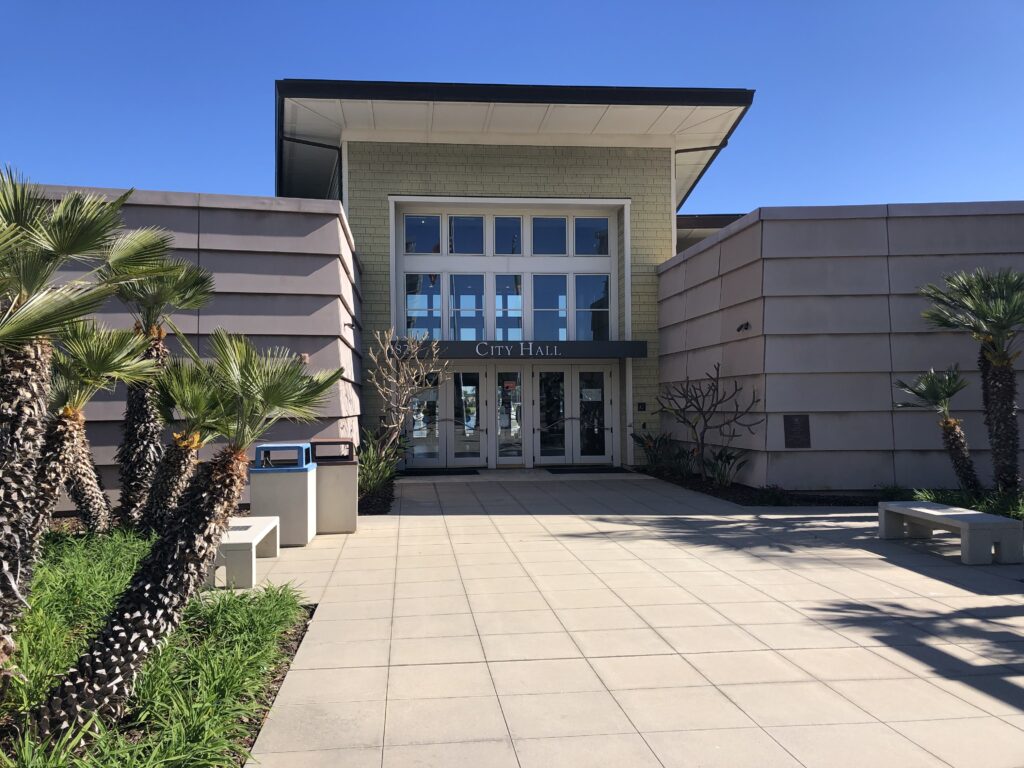With Obamacare now a reality, the Democrat- controlled Congress will eventually turn to immigration reform, another important item on the administration’s ambitious domestic agenda. Most members of Congress would probably prefer to wait until after the fall elections. They fear alienating one group of supporters or another and since this is all about politics and reelection, immigration reform may be temporarily put on hold, contrary to President Obama’s campaign promise to deal with this issue early on.
One can only hope that when Congress finally gets around to it, immigration reform won’t turn into a massive overhaul, like health care reform did, for two reasons. First, Congress isn’t very good at massive overhauls as evidenced by the 2700+ page Obamacare abomination. Second, we don’t need a massive overhaul of immigration policy. As was the case with health care, we just need to fix what needs fixing.
The last attempt at immigration policy reform failed because the public had no confidence in a federal government that couldn’t control its own borders or keep track of illegals in the country to design and administer new immigration policies that would primarily benefit our country rather than our neighbors to the south. Most Americans wanted the government to fix what was broken, namely the border, and to stop illegal immigration and drug trafficking which had soared under President George W. Bush. Overhaul efforts failed also because immigration advocates insisted upon a path to citizenship for illegals already here which opponents rightly viewed as rewarding lawbreakers with a form of amnesty.
The amnesty label infuriated liberals and polarized the debate. They said that illegals would have to come out of the shadows, pay a fine, learn English and go to the back of the line. They were never really clear about where the back of the line was or if there even was a back to the line, so the amnesty label stuck. Instead of reform, we got new border fences and stepped up enforcement, especially against employers who hired large numbers of illegals. In spite of protests that fences don’t work, these actually did by making apprehensions much easier. Unfortunately, fence construction and funding was halted, perhaps because it was working too well.
Heightened enforcement, combined with high unemployment levels in the U.S., reduced illegal crossings in 2009 and thus far this year. Also, there is some evidence that some illegals have returned home because of the economic downturn, although as bad as conditions are here, they are worse in Mexico. We really don’t have accurate figures on these things because the border remains porous and no government entity, with the possible exception of Arizona, through whose deserts pass 45% of the illegal traffic into the U.S., seems much interested in finding out who or where they are.
Most of the illegal aliens are poorly educated manual laborers and the great majority of them are from Mexico. They are for the most part good, honest workers who are trying to support their families but there are more of them than are needed in the farming, food processing, restaurant and hotel industries of America. They are, therefore, exploited for their labor, often working and living in squalor. It is argued that they do the work that Americans won’t do but to the extend that that is any longer true, it is because they are grossly underpaid for the labor they provide. Given the persistent high unemployment, many Americans would gladly do this work if it paid a living wage.
America, still struggling with a recession, does not require more unskilled, uneducated laborers. It already has an abundance of its own for whom job prospects remain bleak. What America does need are educated, skilled technicians, scientists, engineers and physicians. We don’t produce enough of our own. We also need entrepreneurs and investors who will start businesses and provide jobs for America’s ever-expending workforce.
America’s universities still attract large numbers of foreign students, largely Asian, who tend to pursue graduate degrees in the physical sciences, math and medicine. Unfortunately, our immigration policies require that they return home after completing their studies. We need to retain more of them because not enough American citizens are pursuing these disciplines, thanks largely to the failure of our secondary schools to prepare and motivate them.
This is where immigration reform is actually needed. We need to attract the skills necessary to keep America competitive as her population and workforce expand. Immigration reform must primarily address America’s critical needs, not Mexico’s or Central America’s. That’s not racist, it’s simple economics. National policies must serve the national interest. Immigration policies based on a system that favor relatives of anchor babies over those with needed skills and the ability to create jobs may win Hispanic votes but they are clearly not in America’s long range economic interest.
Copyright 2010 J. F. Kelly, Jr.




